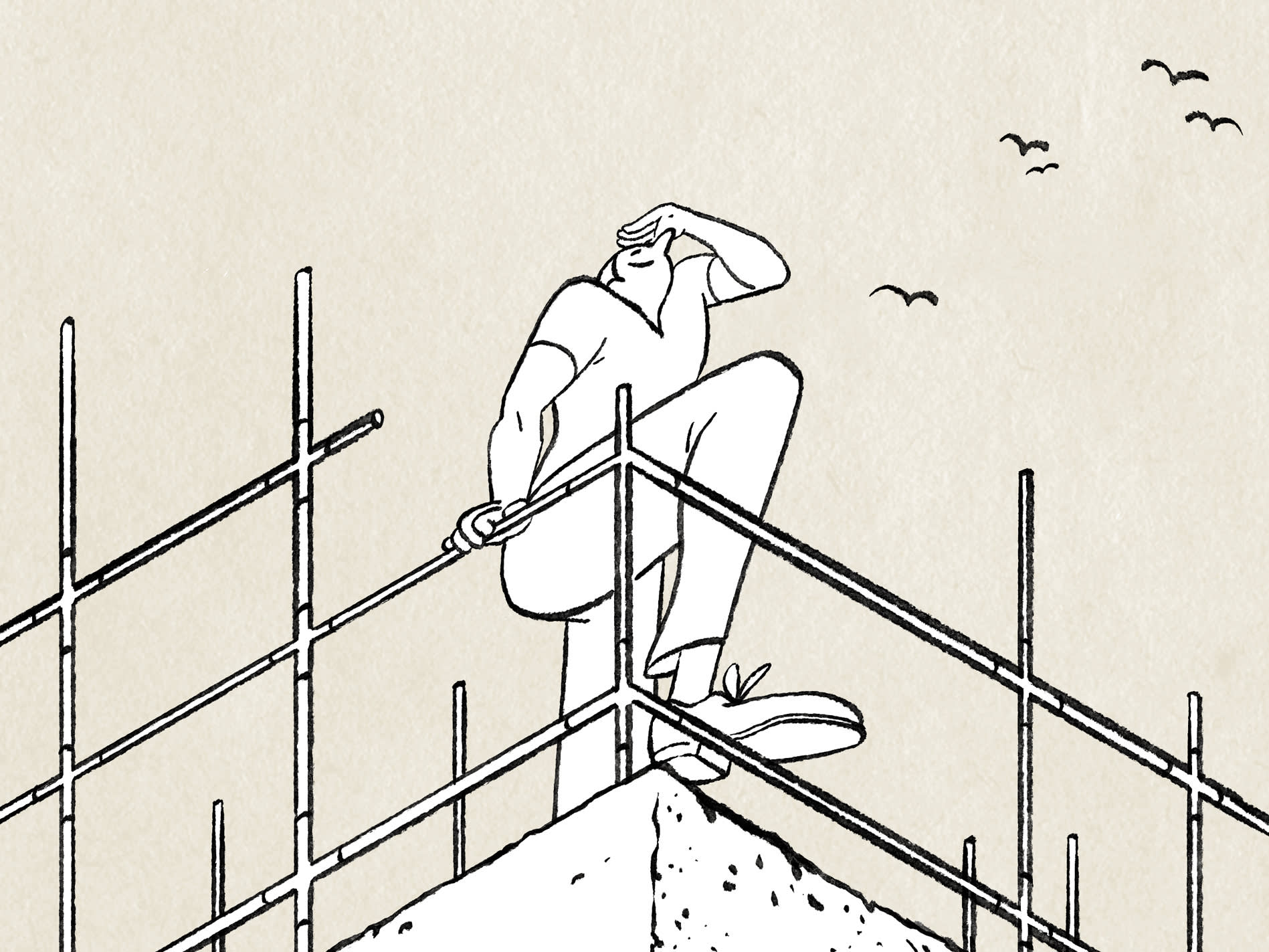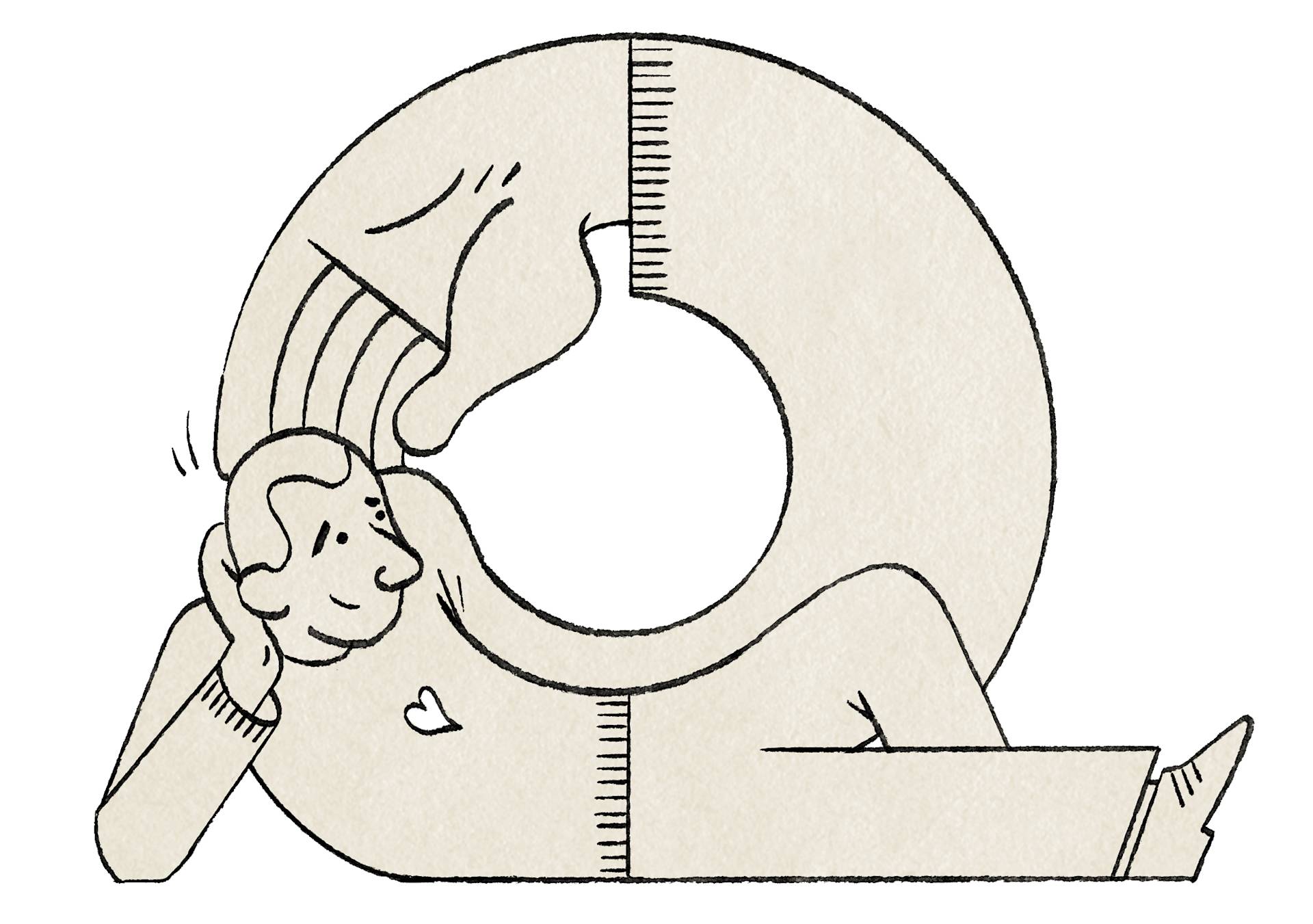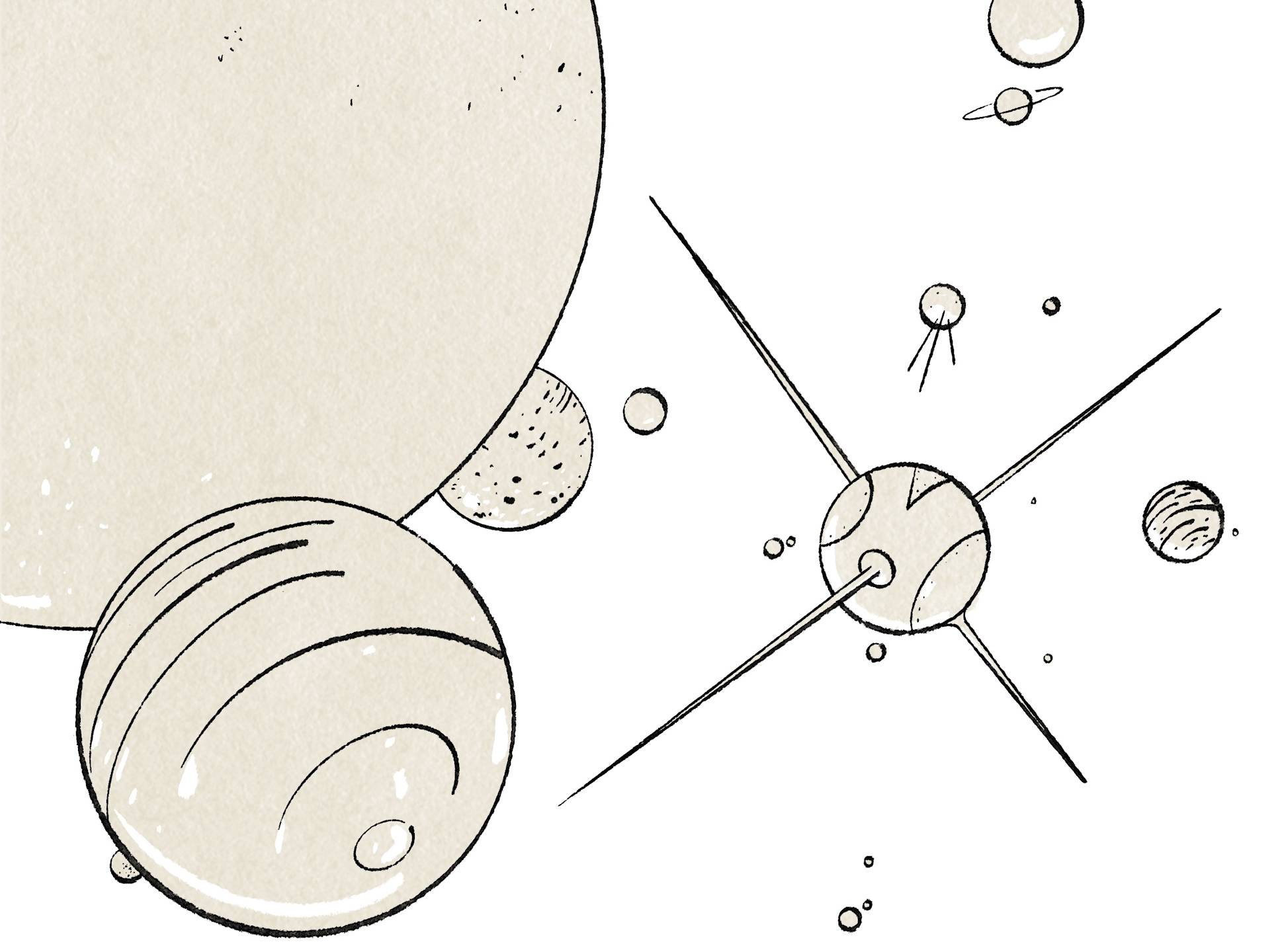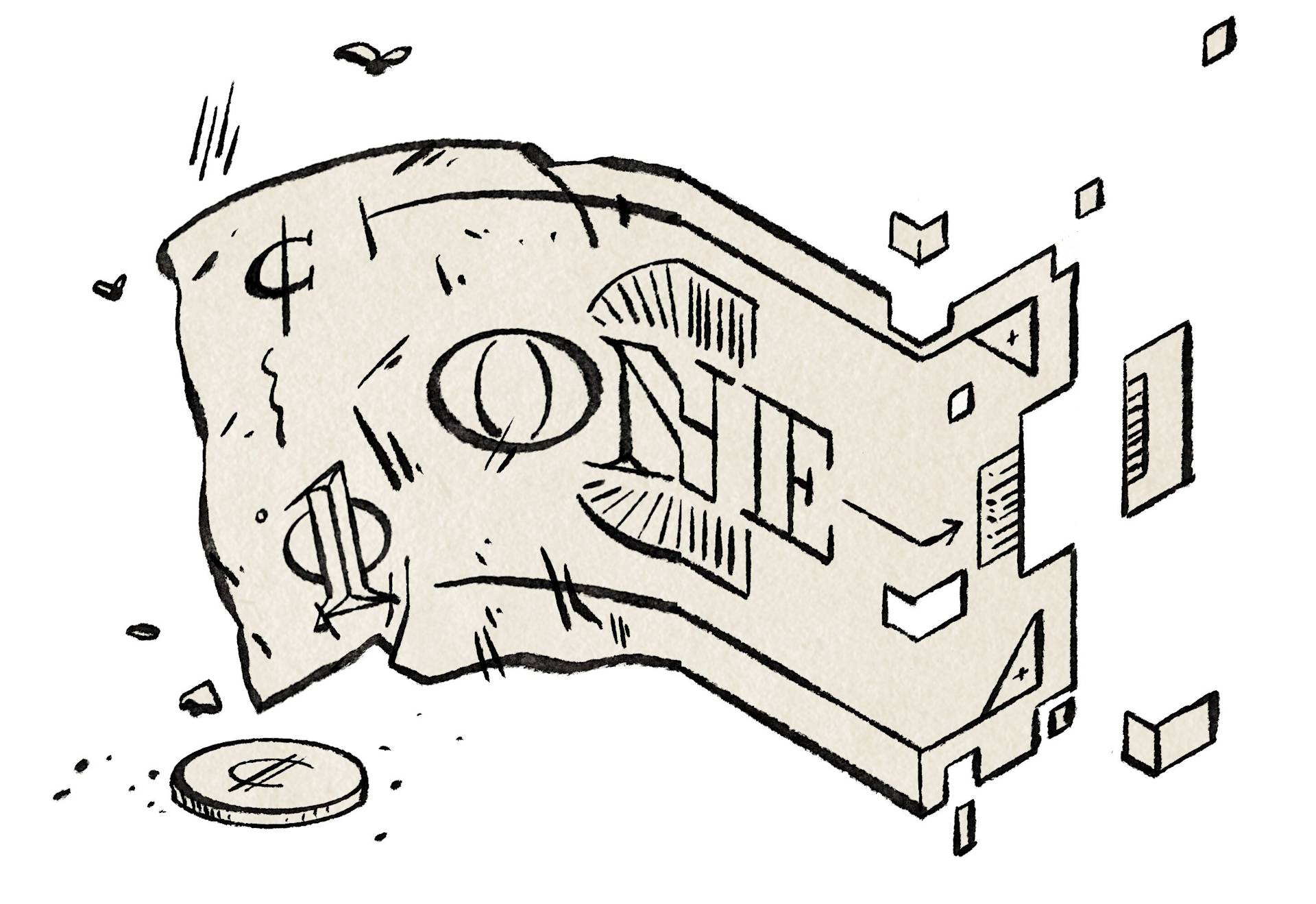Reasons to ignore the status quo this year
Here’s our future-facing view of 21 emerging trends which have the potential to change our trajectory and excite us in 2021.
10 min read

At AKQA, we exist to create a better future and believe our actions today create our tomorrow.
Following a year characterised by racially-driven atrocities, economic upheaval, environmental disasters and a viral pandemic, it was too easy to become disheartened. So we crowd-sourced a list of reasons to be hopeful for what comes next, from the hearts and minds of people across the AKQA family.
From GREY in Copenhagen, Potato in San Francisco, AKQA in Shanghai and Melbourne and everyone in between; welcome to 2021. We can’t wait.
Consumer habits undoubtedly had an upheaval in 2020 and the rise of new channels have been the instigator for many things new. One of our highlights is brands who ignored the status quo with regard to distribution and launches. In July 2020, Maserati staged a livestream launch on TikTok, with a reach of 2.36 million. In November, Honda debuted the prototype of the 11th iteration of their Civic model on Twitch and Nike in China filmed a livestream in a closed store to an audience of nearly a million, and sold out a new shoe in less than ten minutes. May this be the start of a renewed era of creativity in distribution and advertising.
On a similar note, the evolution of brand-driven in-game experiences is happening at break-neck speed. Some interesting cases already underway are the epic Travis Scott concert on Fortnite to release new music, the Stevenage challenge where Burger King smartly sponsored the lowest performing football team in England’s 4th division, forcing games like FIFA to use the teams branded shirts in their video games, enabling the brand to build a complete campaign on the back of the FIFA video game. And this smaller Wendy’s campaign which capitalised on an in-game Fortnite event. It’s exciting to see how, in a world where we have 2.5 billion gamers, the traditional ideas around gaming fade and we continue to build new experiences.
Ready, Player One! Whilst the history of human communication has been characterised by limited broadcast channels, the rise of social media, gaming, and connected communities has changed the game. This shift has made way for a new, completely digital platform allowing consumers, brands, and more to show up in ways we’ve only seen in movies. The metaverse is a conceptual future of the internet - and it’s not too far away. Consisting of shared virtual spaces with totally limitless opportunities, we saw activations like Travis Scott/Fortnite that helped start to define how we can leverage these shared digital spaces as a new watering hole for a world that’s learned to connect and thrive remotely this year. We’re excited to be part of creating the future of storytelling in this world.
In mind-bending news, Ford recently filed a patent application creating a marketplace for traffic. Yes, you read that right. The idea involves using smart contract fulfillment plus cryptocurrency in connected vehicles to allow cars that require conveniences from other cars to pay for them. For example, car A makes a small payment to car B for being let into traffic as a courtesy. Farewell the polite wave.
From more time with family to decreased spend on travel and takeout, the events of 2020 brought with them a very small handful of benefits. Until now, no one has claimed that one of those benefits is video calls (“you’re on mute!” “can you see my screen?”). Microsoft have clearly been thinking of all the ways this could be useful though, and in 2020 filed a patent for technology that would prepare a synopsis of meetings, including sentiment scores for various items discussed. They do this by analysing voice and facial expressions. It’s long been our mantra that technology at its best should be invisible - not the hero - of an experience, and we’re thrilled to see this thinking being applied in a much needed but lamented area of modern society.

2020 taught us the importance of self care, and we are excited to see the emergence of new ideas and solutions that help us focus on our mental health and the well-being of others. Microsoft is adding new features to Teams and Outlook to help people with their mental health with features such as virtual commute and integration with Headspace, and Woebot Health’s chatbot was created specially to help people manage COVID-related challenges.
Beyond Zoom meetings and Hangout calls, there’s also a wide space for fun, engaging, interactive and interesting virtual events to be created. We have already seen some good ones this year, with Chrome Developer Summit building an amazing game-like virtual event or Space Popular’s venue for Punto de Inflexión, the architecture conference held in Virtual Reality.
On the subject of one of the advantages of COVIDs rapid normalisation of video calls, Japan’s SAIL App pairs Japanese language learners with older native speakers all over Japan for conversation time. At just $15 USD a month for unlimited conversations, the App takes any time slot you have free and pairs you with an available conversation partner for 25 minutes talk time.
Whilst organisations were already thinking of their role in their communities, COVID-19 has sparked new ways in which organisations take an active role and explore how to create a positive impact in the world. Airbnb recently launched airbnb.org to partner with communities to offer housing in emergencies.

The manned launch of the Dragon spacecraft marked a historic moment in space travel. Especially considering that less than a decade ago people were convinced that innovation in space travel was not possible, this is a significant moment. The launch of the first commercial spacecraft, makes us wonder how long it will take companies like Boeing and SpaceX to crack earth-to-earth transport by rocket, and what the customer experience will look like.
The James Webb Space Telescope (sometimes called JWST or Webb) is an orbiting infrared observatory that will complement and extend the discoveries of the Hubble Space Telescope, with longer wavelength coverage and greatly improved sensitivity. The longer wavelengths enable Webb to look much closer to the beginning of time and to hunt for the unobserved formation of the first galaxies, as well as to look inside dust clouds where stars and planetary systems are forming today. It’s on track to launch in 2021.
Whether down to commercialised space travel or norms altered with pandemic precautions, populations are urbanising but becoming more isolated. Amazon is looking ahead and aims to train 29 million employees to work in the cloud. What marvels might be possible in this reality?
Deep fake technology has a dark name and a reputation to match. But as compelling not just functional eCommerce and comprehensive online/offline integration becomes the minimum, retailers and brands will have to find new ways to deliver for their customers. Deep fake technology can potentially function as a tool to bridge the gap between online and offline, for example, by combining style advice based on a customer’s Instagram profile, and creating a real-time rendering of the customer that shows what a new outfit will look like specifically on them.
What’s the next frontier for virtual influencers? It is safe to say they’ve now gained enough momentum to not be considered just a fad. All over the world, brands are crafting inventive ways to create traction with their customers. IKEA Japan for example invited a virtual influencer to move into their Harajuku location. We are excited to see how companies like AWW will further create opportunities for brands to creatively use virtual influencers.
The definition ‘home-office’ gained new meaning with pandemic prevention measures resulting in work-from-home being implemented the world over. People have been challenged with rethinking their homes to do double and triple duty as places of rest, play, entertainment, learning, and work. We are curious to see what role shared environments such as universities, co-working spaces, and office buildings will play in a post-pandemic world.
Well-crafted experiences often come with the hallmark of triggering one, or multiple human senses. Noveto created a unique method of delivering auditory experiences. By using DSP-algorithms, Noveto is effectively capable of transmitting audio waves via sound beaming to right around the users ears. Sound beaming omits the need to use headphones when listening to music, enabling a completely new platform for brands to deliver auditory experiences with. Similarly, Facebook have submitted a patent for technology which enables the mapping of physical spaces for auditory purposes, so that sounds in VR environments will actually sound like they’re coming from the space in which you’re physically located.
Brands acting as the integrators of communities have been on the rise for some years, but the events of 2020 forced many to make a definitive choice as to how they went about it. We’re increasingly interested to see the inverse coming into play - and by that, we mean communities becoming brands. If you need an example, look no further than the evolution of Reddit. Once a point of congregation in a dark corner of the internet, in 2020 Reddit acquired TikTok competitor, Dubsmash and has a user base which last year grew 40% YOY.

Cashless societies have been the stuff of science fiction for decades, and in recent years several countries have made a meaningful start on making this a reality. In 2020 however, China’s central bank created a digital currency (rather than just digital wallets seen both in China and elsewhere). Now, Chinese eCommerce platform JD is now the first online platform to accept digital RMB. We are FX nerding out over the possibilities of this becoming a large-scale reality.
If you thought age-related deterioration was just a matter of time, think again. Just last month, scientists managed to restore the sight of mice, blinded by age-related complications. This begins to pave the way for many interesting shifts in how we think about the world around us. For example, how might our attitudes to climate change and even traditional relationship structures and employment change? We can’t wait to see what comes next.
Using a program called AlphaFold, Alphabet’s AI subsidiary DeepMind made a big advance in predicting the 3D shape of proteins, which is key to understanding the biological machinery of life. What does this mean for our future? Think designer medicines and more nutritious crops. AI has definitely had more than its fair share of hype moments, but we’re so excited to see the application and drive the use of the breadth of this field of science and technology in new and remarkable ways.
COVID-19 has created some very interesting dynamics, not least of which is seen in share market valuations. Live Nation, the live events company reported a YoY revenue drop of 95% in Q3 (no surprises), yet its current market value ($14B) is all but on track with the same time the previous year. The market is pricing in a return to normality. The Economist bucketed in-person event companies into three categories (collectively worth $180B+); exhibition, conventions, and trade shows, event promotion, and pro sports. The article comes to an interesting conclusion: companies unable to adapt during the height of COVID-19 precautions are in a good position to do well moving forward (and vice versa). We can’t wait to see how this unfolds.

If you remember just one thing from this list though, let it be this:
In 2020 Google saw a record number of searches for answers around the question ‘why’.
More than 50% of the world now have access to the internet and half a million new people get connected for the first time every day (often via smart phones). The world’s middle class continues to grow and the fewest number of people in history live in poverty. And in a year when we were more physically separated than ever before, the most downloaded apps were those of connection and communication.
So as we embark on 2021 we have a planet of humans who are curious and connected, with the tools to communicate, to build communities, and create a future in which we all want to live.
Excited yet?
Illustrations by Luis Mendo.
All opinions expressed throughout this article are the author’s own and do not necessarily represent those of AKQA or its affiliates.